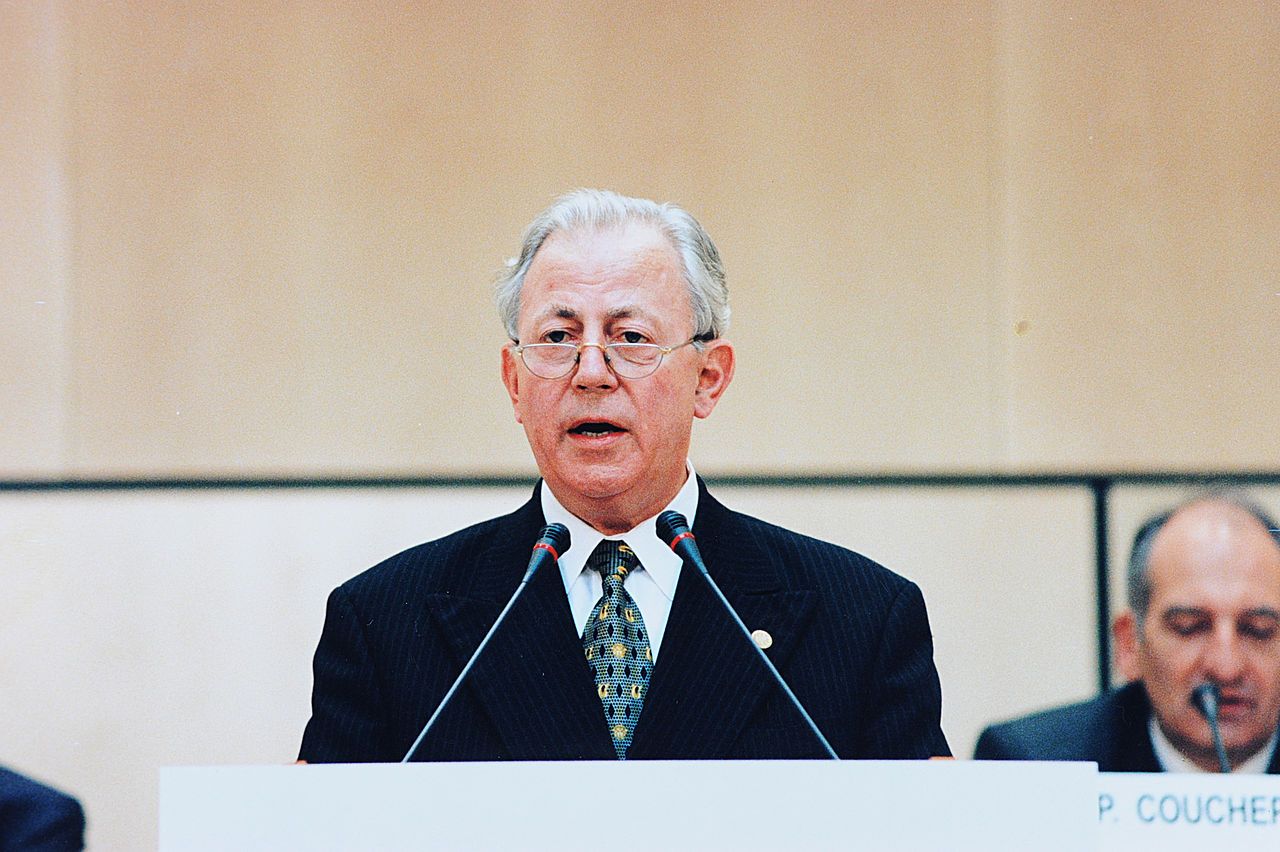PEOPLE - Portrait of Jacques Santer
A political life in the service of the media corporation

Photo: World Trade Organization
Jacques Santer has always taken good care of the CLT-UFA throughout his career, and from an astonishingly wide range of positions.
At the beginning of February, the pictures of the meeting of Luc Frieden, Jean-Claude Juncker and Jacques Santer were published in the press. Jacques Santer and Luc Frieden are also linked by the fact that both CSV politicians secured the post of Minister of Media in addition to the post of Prime Minister - and this at a decisive moment for Luxembourgers and European media history. Luc Frieden must draw up a plan for the future of RTL Luxembourg (CLT-UFA) by the end of his current term at the latest, a task that Jacques Santer has already carried out once as Prime Minister and Minister of Media and once as Chairman of the CLT-UFA Board of Directors.
From 1984, Jacques Santer was Prime Minister of Luxembourg and from 1989 also Minister of Media and Culture. He remained in this position briefly after the 1994 elections and signed the new concession agreement with CLT in early 1995, before becoming President of the EU Commission. A look at the different stages in Jacques Santer’s professional life shows how closely another powerful politician from Luxembourg is linked to the corporate history of RTL.
Fundamental decisions in the 90s
Jacques Santer faced major media policy challenges at the beginning of the 90s. The liberalization of the media market in Europe had the side effect that the monopoly of RTL in Luxembourg also had to fall, at least officially. Liberalization had actually been the major goal of the CLT, because it meant that the monopolies of the public media in all other countries that belonged to the internal market had fallen. Luxembourg, however, was the only country that did not have a state monopoly, but a private one. Paul Zimmer, Jacques Santer’s most important advisor, was able to negotiate additional frequencies for Luxembourg in 1984 in collaboration with the CLT. But these frequencies could not now go integrally to the CLT as planned. A first media law had to be passed in 1991, which would comply with EU guidelines, and a new concession agreement with the CLT had to be urgently negotiated. The prospect of an end to the CLT monopoly did not appeal to the then CLT director and former prime minister Gaston Thorn: he did not want to give up advertising revenue that could go to competition. Jacques Santer tried to make the whole process as palatable as possible for the CLT and practically let the CLT determine the conditions under which new media could be established in Luxembourg.
To further appease the CLT and prepare for the upcoming negotiations, Jacques Santer presented the CLT’s managing director, Jacques Rigaud, with the „Commander of the Oak Leaf Crown“ award in 1990. It is, by the way, the same award that Xavier Bettel presented to Bertelsmann heiress Liz Mohn in 2016, before the negotiations even started.
In parallel with the discussions on the national media market, the main focus was on conquering markets across Europe. New technologies, such as cable and satellite TV, should be used by CLT as early as possible. Under Jacques Santer, there was continued back-and-forth with Luxembourg’s attempt to secure a place for CLT on French satellites. As an alternative, the state built up SES to overcome its dependence, and Jacques Santer was able to celebrate a success in 1988 with the launch of the ASTRA 1 satellite. The first customer on the satellite, even before CLT, was Rupert Murdoch. Luxembourg was once again a pioneer for commercial media - however, RTL was not interested at all at first.
These were times of grand plans but also great disillusionments: it became increasingly clear that CLT was expanding, but also producing in other countries and paying part of its taxes there instead of building a „Luxembourgish Hollywood“ on the land specially designated for this purpose on Kirchberg. It turned out that although the state did everything to help CLT, CLT as a corporation only looked at maximizing profits. What a surprise. The state also did everything right to CLT, in view of the 1991 media law and the new concession agreement that was finally signed in extremis at the beginning of 1995. The orchestra took over the state, bought the Villa Louvigny at a much too high price and canceled all fees.
A fight against media pluralism in Europe
In any case, Jacques Santer could no longer hear criticism of the final concession agreement, the signature was practically his last official act as Luxembourg Prime Minister, before he went to Brussels to take up his new function as President of the EU Commission. He obviously saw himself in that position in the same vein as Gaston Thorn and Jean Dondelinger, and at least kept an eye on the development of the European media market in favor of the CLT.
At the end of the 1990s, discussions were held in Brussels on how to proceed with the issue of media liberalization. In many member states, there was concern that media pluralism would fall victim to the expansion strategy of large corporations. This was and is precisely the strategy of the German corporation Bertelsmann, which at the time set out to build a media empire - and together with the CLT, which was in the process of conquering the German television market in the „RTL Plus“ project. In the EU Commission, the Italian Commissioner Monti put a compromise proposal on the table to introduce a restriction: corporations would be allowed to have a maximum of 30% market share at national level. There was a majority within the EU Commission in favor of this legislative proposal - and it was also demanded by the EU Parliament - but the President of the Commission, Jacques Santer, ultimately blocked the proposal.
Jacques Santer was encouraged, among others, by German Chancellor Helmut Kohl. Luxembourgish DP politician Colette Flesch, who was Director of the Commission’s Media Department from 1990 to 1999, also influenced, supporting Jacques Santer’s line and defending the interests of the CLT and Bertelsmann. In an article earlier this year on European media policy, Süddeutsche, with a particular focus on the situation in Hungary, says that at this moment, under the responsibility of Jacques Santer, the foundation for a whole series of problems for media pluralism has been laid.
A Bertelsmann through and through
That was certainly Jacques Santer’s greatest favor for Bertelsmann, but by no means the only one. Thus, Jacques Santer, again against the majority of members of the Commission, advocated for merger plans between Bertelsmann and Kirch (Sat1), which ultimately did not come to pass. Jacques Santer also appears at Bertelsmann events, such as in 1996 and in 1998 at the Bertelsmann Forum - that is, as an active EU Commission President. In his speech in 1998, he leaves no doubt that he sees himself in line with the ideas of the corporation. In 1999, Jacques Santer’s time as EU President was over, when his entire Commission had to resign due to a number of corruption scandals.
Jacques Santer had not yet thought about retirement. He served on various boards of directors. In 2004, he replaced Gaston Thorn as chairman of the CLT-UFA board of directors. Jacques Santer also became a member of the RTL Group board of directors in 2005. For CLT-UFA, Jacques Santer signed the concession agreement with the Luxembourg state in 2017, shortly before his 80th birthday and before handing over his position to Jean-Louis Schiltz. In an interview with Paperjam he looks back on his career and says: „For me, and I am not alone, the most important thing was that RTL became definitively anchored in the Luxembourg and international audiovisual landscape“. He does not say whether he is referring to his time as Luxembourg Prime Minister, EU Commission President or CLT-UFA President. Or to all three functions together.

















